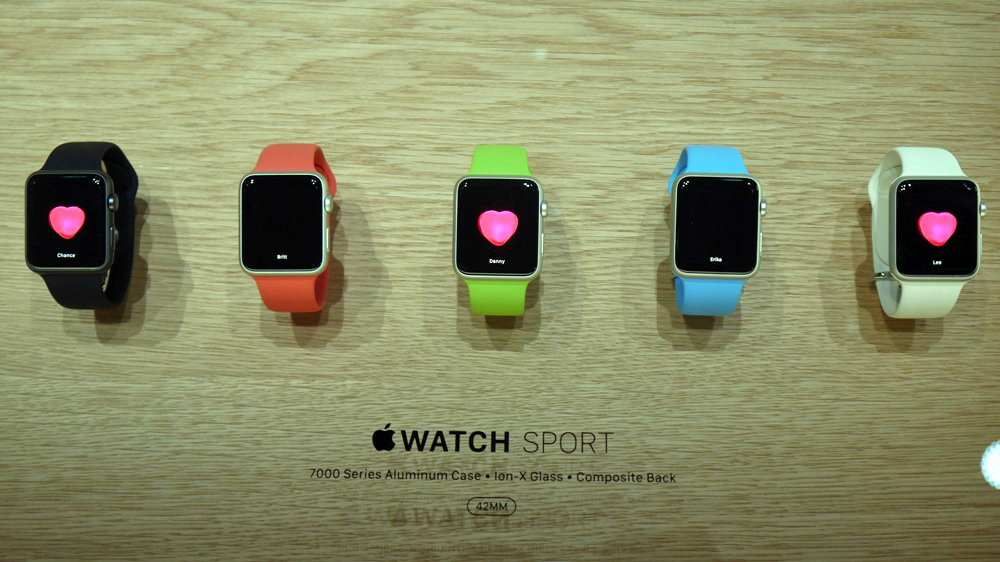Microsoft has laid the groundwork for a smartwatch with Windows 10
But will the device succeed?
Back when Windows 8 was announced, one of the most basic ideas was that Windows would, at least, look the same on all devices, whether they were phones, tablets or desktops. In many ways, Windows 8 succeeded: Windows Phone looks like Windows 8, Windows 8 on a tablet looks like Windows on a desktop and so on. But the core of Windows Phone and Windows 8 was different – apps created on Windows 8 couldn't run on Windows Phone and vice versa. Obviously, this impeded the "One Windows" vision.
Microsoft has listened and has unveiled a singular Windows Store which will allow users to download a single app that will run on all devices. The benefits of this are obvious, even beyond the cost of only having to download one app. Windows 8 has tens of millions of users – an obvious target for developers – and having universal apps will inspire them to create for Windows Phone, thus solving the app drought, and, ultimately, for the Windows wearable.
Having a whole host of available apps out of the gate which seamlessly work with Windows Phone and with Windows 8 is a massive selling point of Microsoft's device over an Android Wear version or the Apple Watch.

Too late?
What the Windows wearable will look like remains an abject mystery, with not a single leak out of Redmond. Perhaps Microsoft is being especially careful to keep the project under wraps, or the device doesn't exist yet. Windows 10 is scheduled for release in late 2015 and it would stand to reason that Microsoft will push the wearable device out with Windows 10 as both an example of the synergy between versions of Windows, and to have a long enough time frame to develop, test and produce the wearable device.
While late 2015 may seem a long way off, the Apple Watch has a release of early 2015 with reports coming from The Information stating that Apple is optimistically aiming for Valentine's Day 2015.
Can Microsoft be successful with a device that arrives late 2015? That question can only be answered when the Apple Watch is released. So far we have seen no clear market leader in smartwatches.
The Moto 360 has been slated by critics for failing on the battery life front, while Samsung and LG's efforts have been lacking in both design and functionality. If the Apple Watch succeeds and brings the smartwatch to the attention of consumers at large, then Microsoft's chances of gaining cultural and fiscal relevancy grow increasingly high.
Are you a pro? Subscribe to our newsletter
Sign up to the TechRadar Pro newsletter to get all the top news, opinion, features and guidance your business needs to succeed!
Max Slater-Robins has been writing about technology for nearly a decade at various outlets, covering the rise of the technology giants, trends in enterprise and SaaS companies, and much more besides. Originally from Suffolk, he currently lives in London and likes a good night out and walks in the countryside.